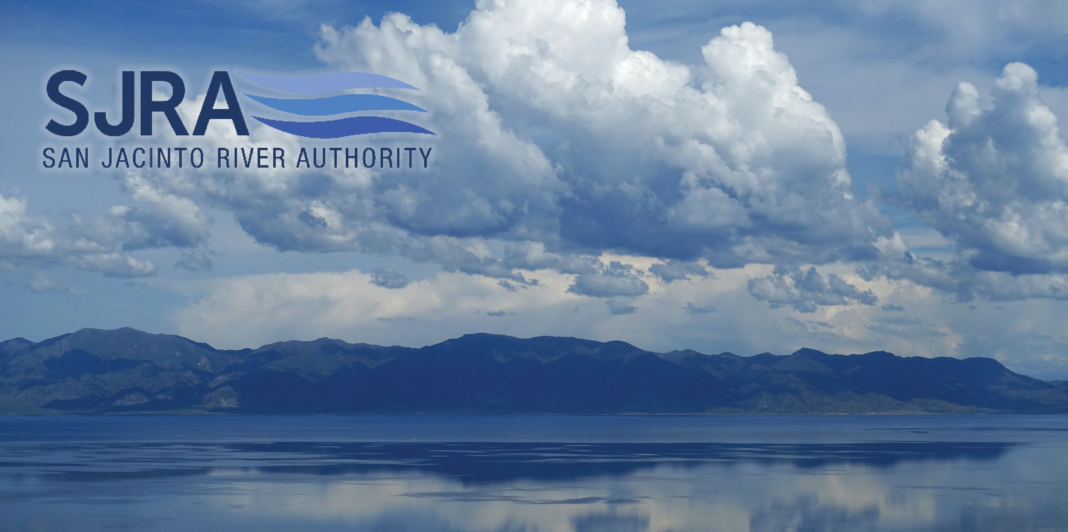SJRA: Nature’s Recycling System – Evaporation
Ever wonder why during a drought, bodies of water such as lakes, reservoirs, or ponds can significantly deplete? The answer isn’t just lack of rain, but rather the added evaporation of existing water. So, what exactly is evaporation and how can it lower bodies of water at such a rapid rate? According to the U.S. Geological Survey, evaporation is the process that changes liquid water to gaseous water (water vapor). This is how water makes its way to the atmosphere from the bodies of water found on the surface of Earth. Heat increases evaporation, that’s why the most evaporation happens during the hottest months of the year. Ever notice how if you are boiling a pot of water on the stove and accidentally leave it boiling for too long, the water level dramatically decreases? That’s due to evaporation!
So how does evaporation play a role in relation to rain? Well, evaporation is what drives the water cycle. The atmospheric water exists due to evaporation of all the bodies of water on Earth’s surface. Eventually, that water comes back down to earth in the form of precipitation, such as rain, snow, and ice.
Evaporation due to drought affects areas differently. Many lakes in the Texas Hill Country were more than 20 feet low last year, while Lake Conroe only had about a 3-foot drop from normal pool level in the fall of 2022. As of late January 2023, Lake Conroe has remained around its normal 201 feet above mean sea level. From this, we see how evaporation, various heat levels, and rain patterns work together to create a dramatic difference in lake levels across different regions of the state.
Evaporation in and of itself is not a bad thing, in fact, it is simply a part of nature that is required in order to produce precipitation. However, too much evaporation combined with too little precipitation for an extended period can create lower levels of water in lakes and rivers.















